Scientists Say
A weekly word defined, in a sentence and in context.
-
 Computing
ComputingScientists Say: Ampere
An ampere is a unit of electric current. It’s a base unit, meaning it’s one on which all electrical calculations are based.
-
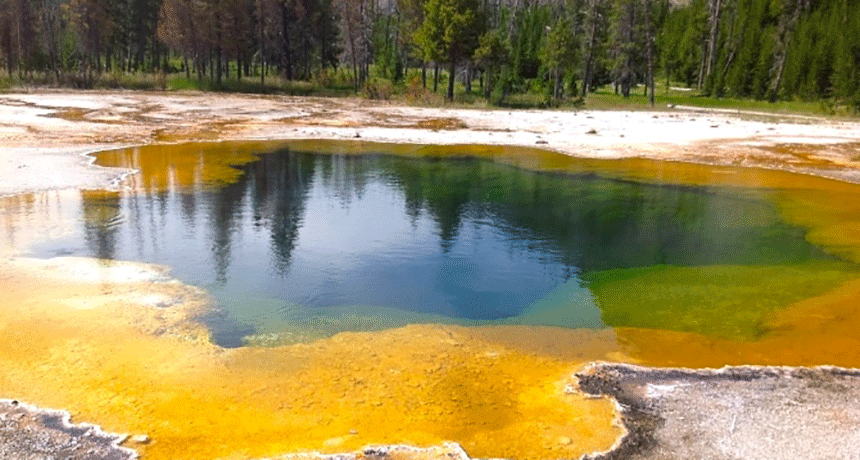 Microbes
MicrobesScientists Say: Archaea
Archaea are single-celled organisms that live anywhere from hot springs to your gut. Scientists used to think they were bacteria, but now they know they are their own domain.
-
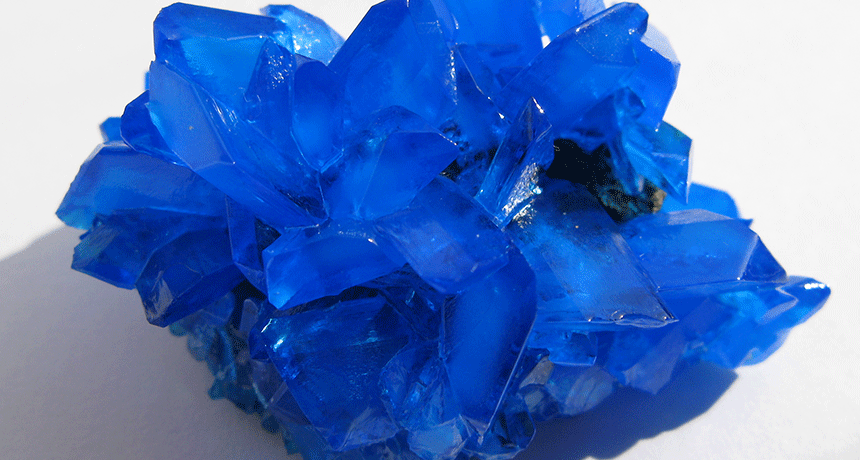 Chemistry
ChemistryScientists Say: Salt
Salts in chemistry are compounds made when a positively charged acid is combined with a negatively charged base. Table salt is one example.
-
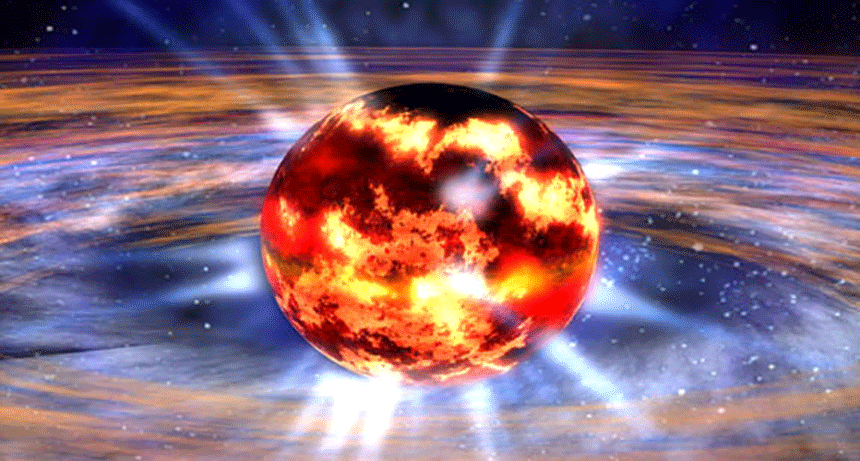 Space
SpaceScientists Say: Neutron star
When large, ancient stars die, they explode. But they don’t disappear. The remnants become incredibly dense neutron stars.
-
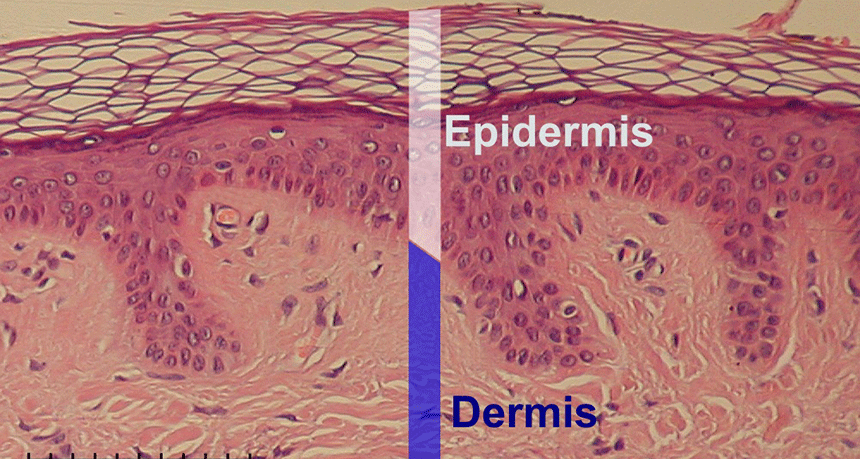 Health & Medicine
Health & MedicineScientists Say: Epidermis
The epidermis is the outer layer of your skin. It helps protect you from dangerous things in the environment, and helps control how much water evaporates from your body.
-
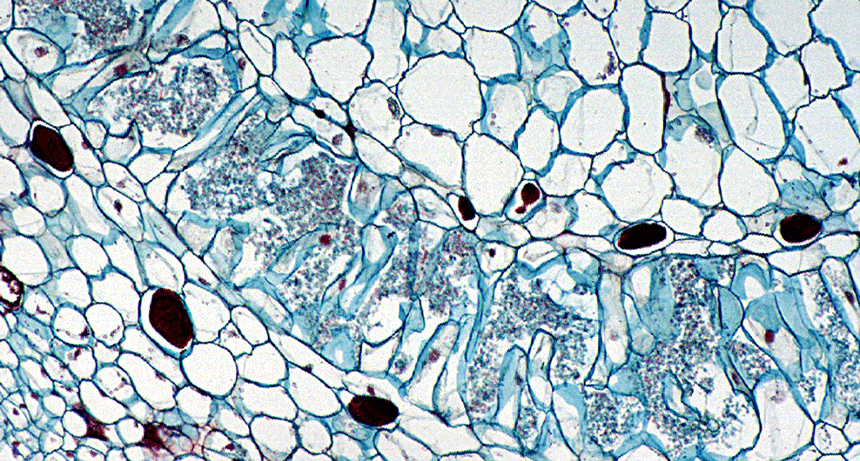 Microbes
MicrobesScientists Say: Microbiome
You’ve got company. Every animal and plant has microscopic organisms living on and in them. These include bacteria, protists, archaea, fungi and viruses.
-
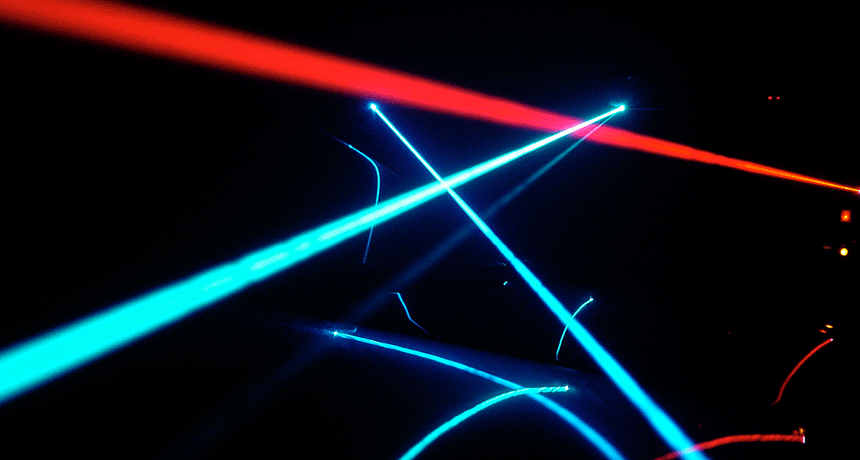 Physics
PhysicsScientists Say: Laser
A laser is a device that emits a strong, narrow beam of light. “Laser” is actually an acronym, and stands for “light amplification by stimulated emission of radiation.”
-
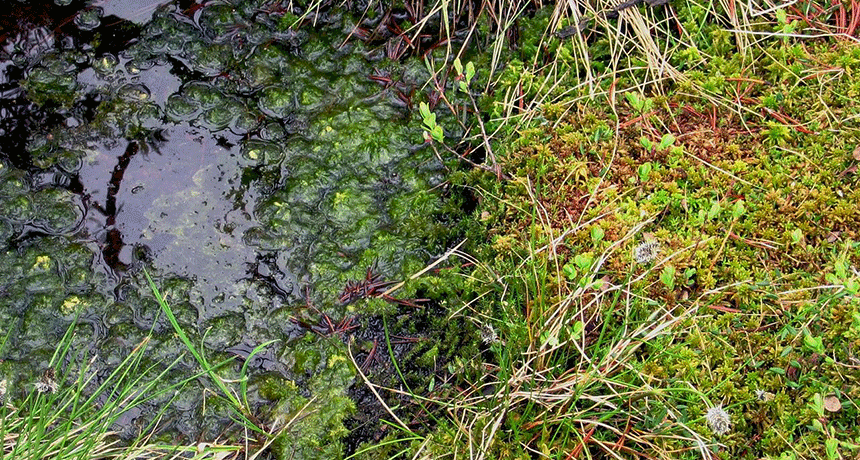 Ecosystems
EcosystemsScientists Say: Bog
Bogs are a type of wetland in which partially decayed plants sink down and form peat.
-
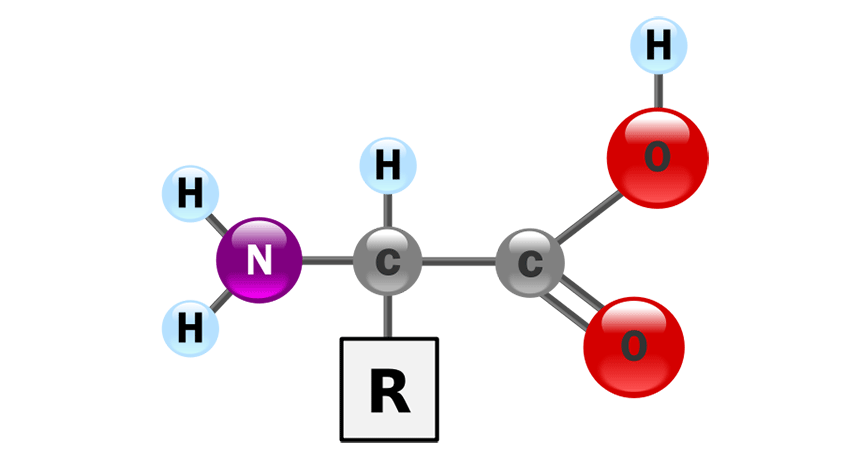 Chemistry
ChemistryScientists Say: Amino Acid
Amino acids are small molecules that make up proteins and serve as messengers in our cells.
-
 Health & Medicine
Health & MedicineScientists Say: Vestigial
This adjective is used to describe something — like a body part or organ — that doesn’t have a function. Often it is smaller or less developed than the functional version in another species.
-
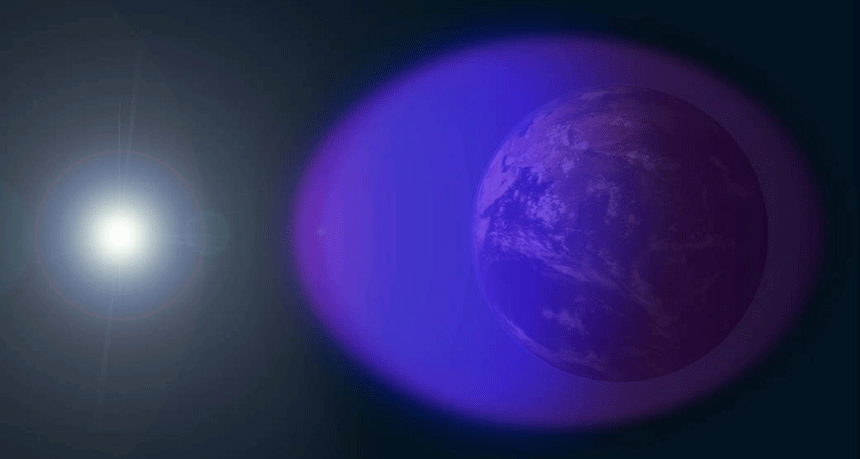 Earth
EarthScientists Say: Ionosphere
The ionosphere is a region of the Earth’s upper atmosphere. The molecules there absorb ultraviolet light and reflect radio waves.
-
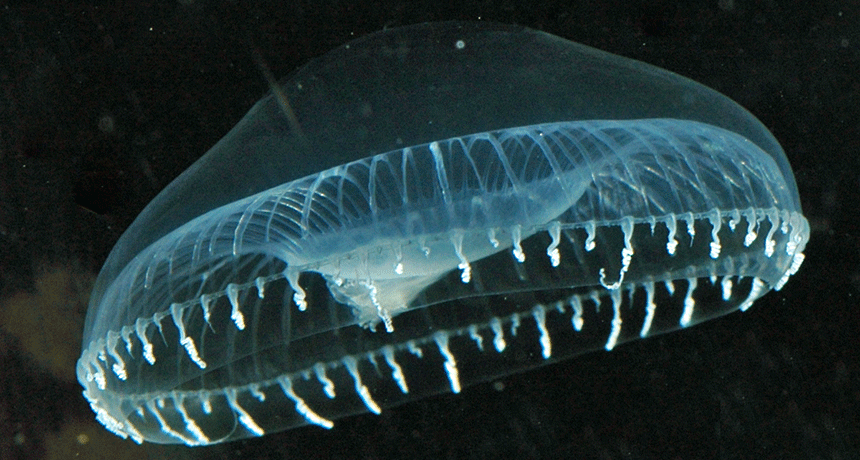 Animals
AnimalsScientists Say: Luminescence
Light and heat don’t always have to go together! Luminescence is what occurs when a substance emits light without making heat.